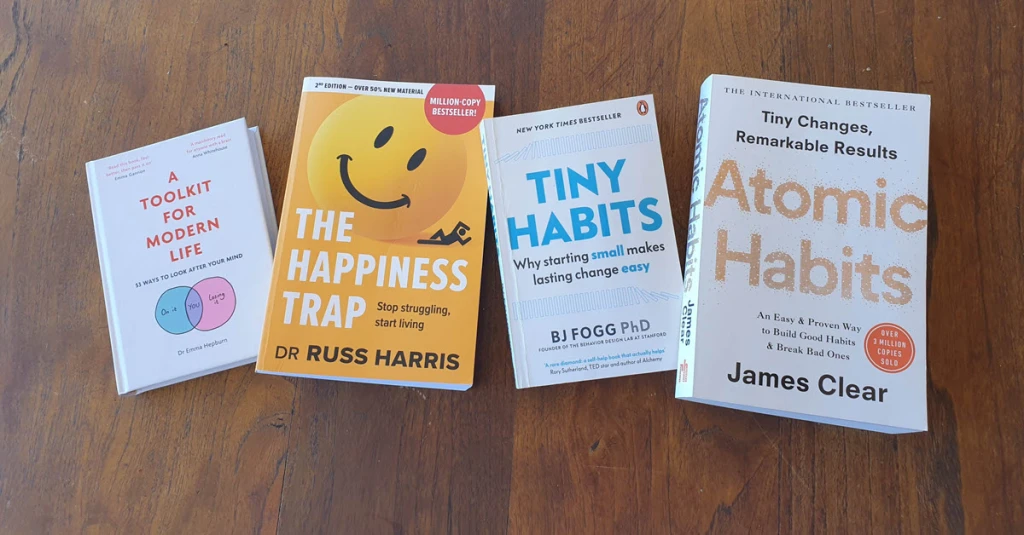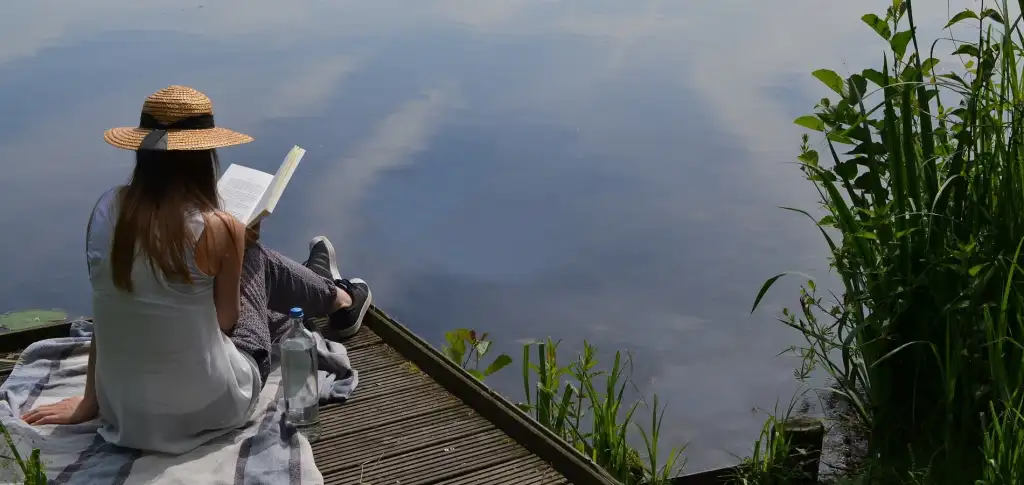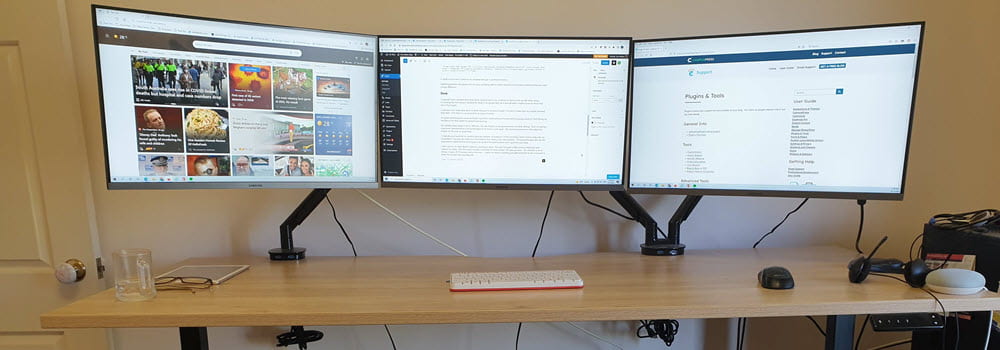Last week I was invited to present on PLNs (personal learning networks) as part of Getting Connected 09 for The Australian Flexible Learning Frameworks.
As the conference targeted the VET sector I decided to take a different PLN approach and share how social networking tools can create communities of professionals, and students, that help each other.
Skills level of participants
Participants were surveyed near the start of the session to help guide how little/much information on each aspect need to be explained. The results are shown in the table below (Yes= has their own or uses with their students; No = doesn’t have own or use with students; No response = they didn’t respond to the question).

Value of Creating Communities
The message for creating professional learning communities using social networking tools was similar to PLNs. Our daily face-to-face interactions offer limited opportunities for:
- Asking our work colleagues/students questions
- Reflecting on ideas with each other
- Effectively sharing information
Social networking tools provide the ability to easily connect ourselves, our students, with educators in the same/similar fields, and people from industry to form a global community. This greatly increases opportunities to receive assistance and provide assistance.
The main difference to a PLN is technology skills of individuals you may want as part of your professional learning community are often (very) low. This means you need to use a range of tools including ones they are more likely to feel comfortable using.
To stay sane remember:
- Not everyone will share your excitement (and it is unrealistic to think they will)
- Let them choose whether or not they join
- Don’t be offended if you can’t encourage everyone to participate
- Be grateful for those that do participate
- It takes time!
During the session I discussed the main tools I use for aquaculture industry to highlight their benefits and how it can be done.
 Facebook
Facebook
In terms of aquaculture Facebook is used mainly with my students (but I do have some work colleagues in my account). My students are given the option to add me to their Facebook account knowing that they can email me, use the chat or leave comments on my wall.
Years ago I used to give students my email address and never get got any emails. With Facebook student regularly contact me to help with both my work and other courses. Many continue to remain in contact when they leave.
Ning

Our AquaEd Ning community to connect educators, industry and my students together (consists of members from within Australia and oversees).
Benefits of Ning are ability to have forums, upload photos, upload/share videos and easily email all members etc.
For me this Ning community meant I was about to source training material and images to use for an aquaculture elearning unit. I couldn’t have sourced this material as well (or as quickly) using traditional methods.
My students, and other community members, are using this Ning to share what they are doing and ask others questions.
Ning challenges are you need to be prepared to facilitate and encourage conversation. The more people you can encourage to help you facilitate the more likely it will grow. As a Ning owner you need to closely monitor all new members (using RSS) due to spammers.

Never thought it would happen but have people from aquaculture joining my twitter account. Which has been excellent because they also then join AquaEd Ning.
As these people are already into social networking they add value to your community because they aren’t reluctant users.
FINAL THOUGHTS
This session was recorded and you can watch it here!
My advice for building a community remains the same as for a PLN — your first step is to start using these tools for your own learning then start thinking how you can connect with members from your industry. Check out my PLN Yourself website to get started!
Meanwhile for those that have created professional learning communities — please share your stories. What has worked well? What aspects have caused problems?




Leave a comment